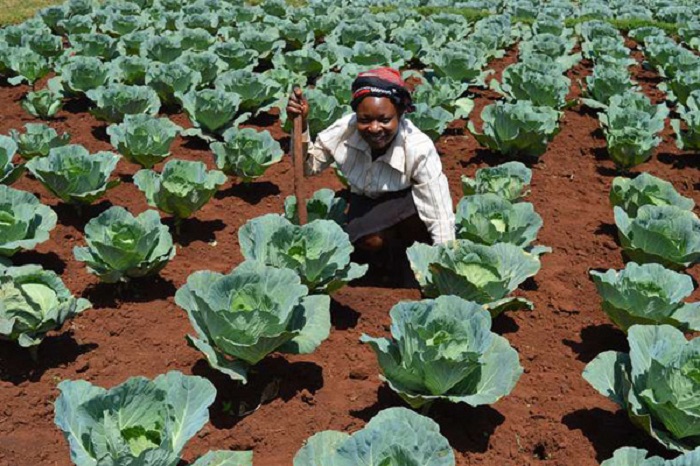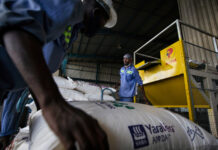The International Center of Insect Physiology and Ecology (icipe), in partnership with the Mastercard Foundation and Ethiopia Jobs Creation Commission (JCC), have launched a US $55m initiative for the More Young Entrepreneurs in Silk and Honey (MOYESH) project. The initiative has a target of securing job opportunities for 100,000 young men and women in Ethiopia along honey and silk value chains.
The MOYESH project is aligned to ongoing efforts to alleviate youth unemployment or underemployment in Ethiopia. It will be implemented primarily in partnership with Ethiopia Jobs Creation Commission (JCC) and the Mastercard Foundation’s Young Africa Works in Ethiopia initiative over a duration of five years.
MOYESH is also in line with icipe’s vision of science-led strategies towards holistic and inclusive socio-economic transformation across Africa. The project will capitalize on icipe’s extensive experience over the past 50 years in collaboration with national and international partners.
Reeta Roy, the President and CEO of Mastercard Foundation said that the creation of opportunities in beekeeping and silkworm farming will set many Ethiopian youth on the path of becoming entrepreneurs. This, in turn, will contribute to the economic growth of the country. Similarly, the icipe Director General, Segenet Kelemu further lauded the initiative, adding that icipe is delighted to be part of the project aimed at elevating the young men and women in Ethiopia.
MOYESH will be implemented across the country in Amhara, Oromia, Tigray, and Southern Nations, Nationalities, and Peoples regions. This is with the goal of scaling up technologies and good practices to other areas.
According to media reports, the project will have the following key thrusts that will: (i) integrate beekeeping and sericulture enterprises around protected forest, and community-based watersheds; (ii) enable young people to access financial, markets and information services; (iii) build and strengthen the technical, entrepreneurship, soft, and financial literacy skills of the youth, partners and local institutions; (iv) establish strong private-public partnerships; (v) involve youth in value addition activities of honey and silk products; and (vi) generate evidence-based knowledge to support further scaling and adoption.









